The study of plastic forming processes is performed through the systemic approach consisting in analyzing the relationships between the input and output parameters of the process, in order to obtain defect-free parts with high mechanical properties. In this framework, experimental methodologies, numerical computational codes and artificial intelligence techniques have also been used.
In detail, the research mainly concerns the following topics:
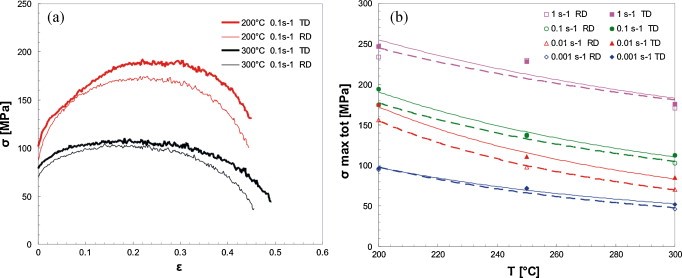
Influence of fibre orientation on the: (a) flow curves and (b) peak stress.
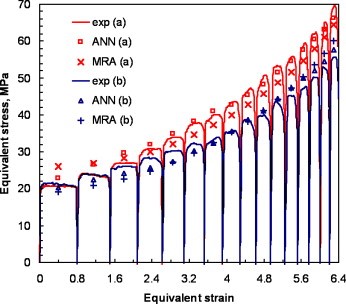
Effect of time between two subsequent deformation steps on the experimental flow curve and predicted envelope curves (T = 525 → 300 °C; ; ɛp = 0.8 → 0.2): (a) tp = 20 s, and (b) tp = 300 s.
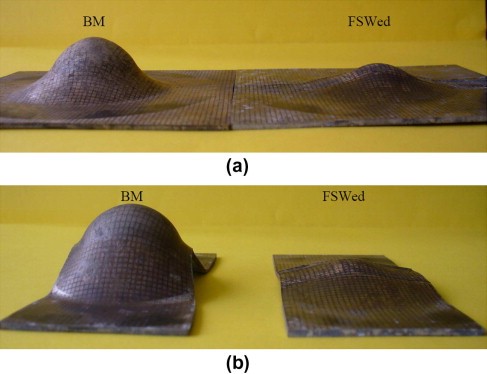
Comparison between BM and FSWed samples, characterised by different width to length ratios, subjected to the hemispherical punch test at 350 °C and 0.1 mm/s: (a) 100 mm × 100 mm; (b) 45 mm × 100 mm.
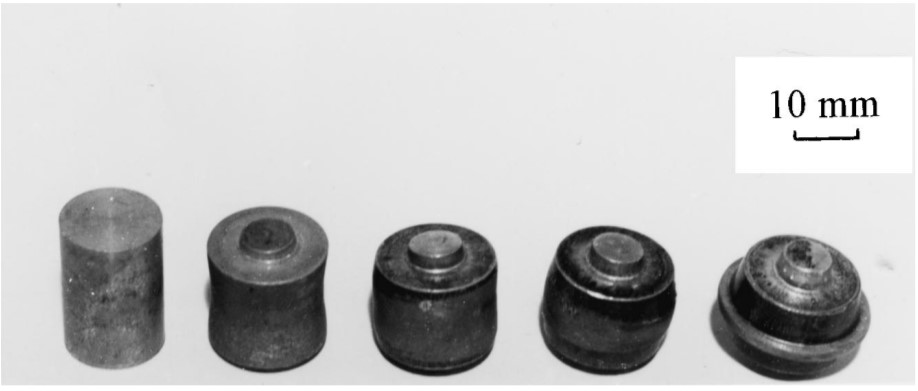
Billet before and after different forging steps (alloy: AA 6082-W; temperature: 200°C).

Air bending test for measuring elastic springback of metal sheet
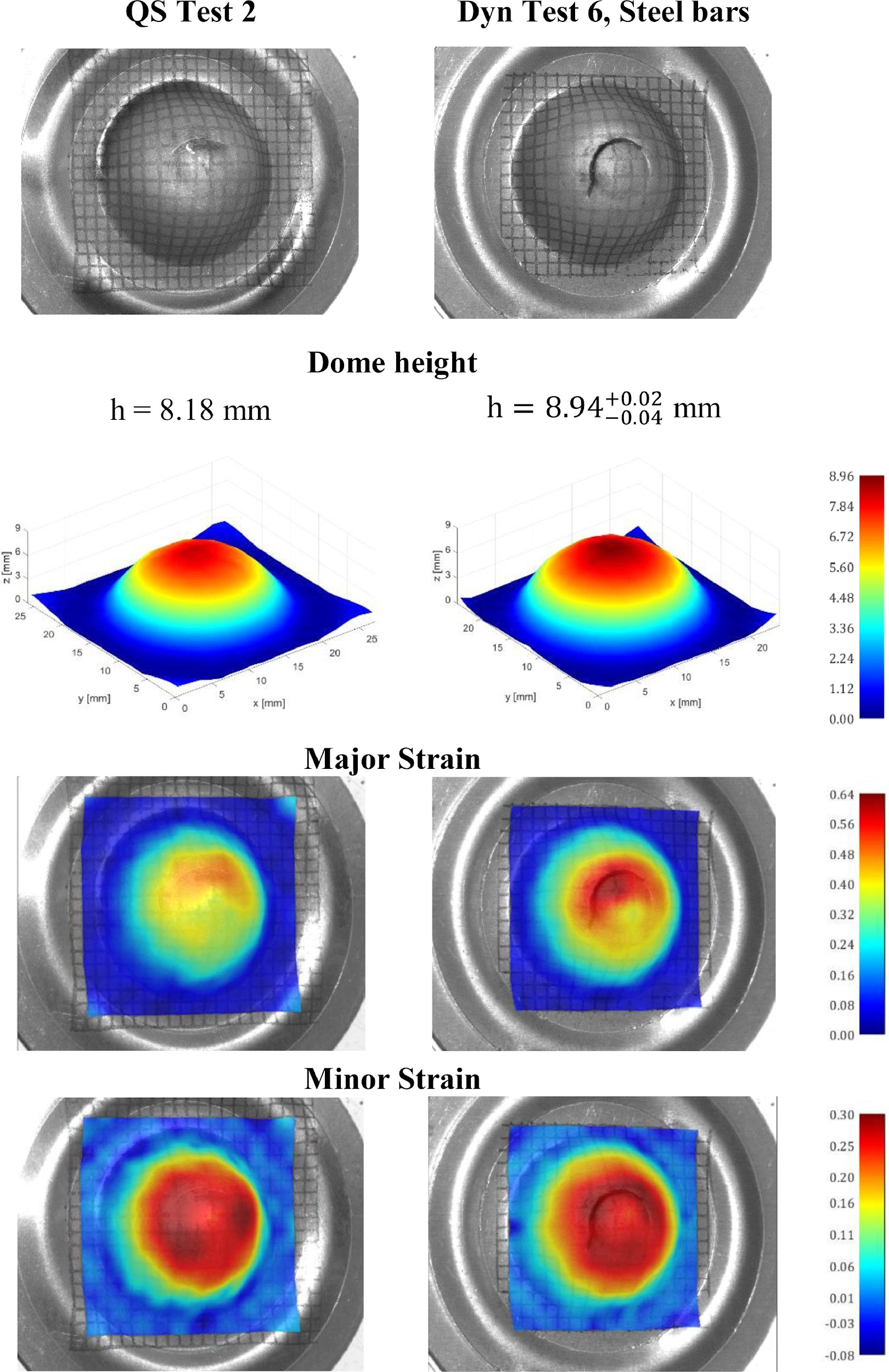
Samples tested at different strain rate up to failure
